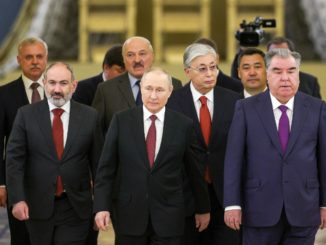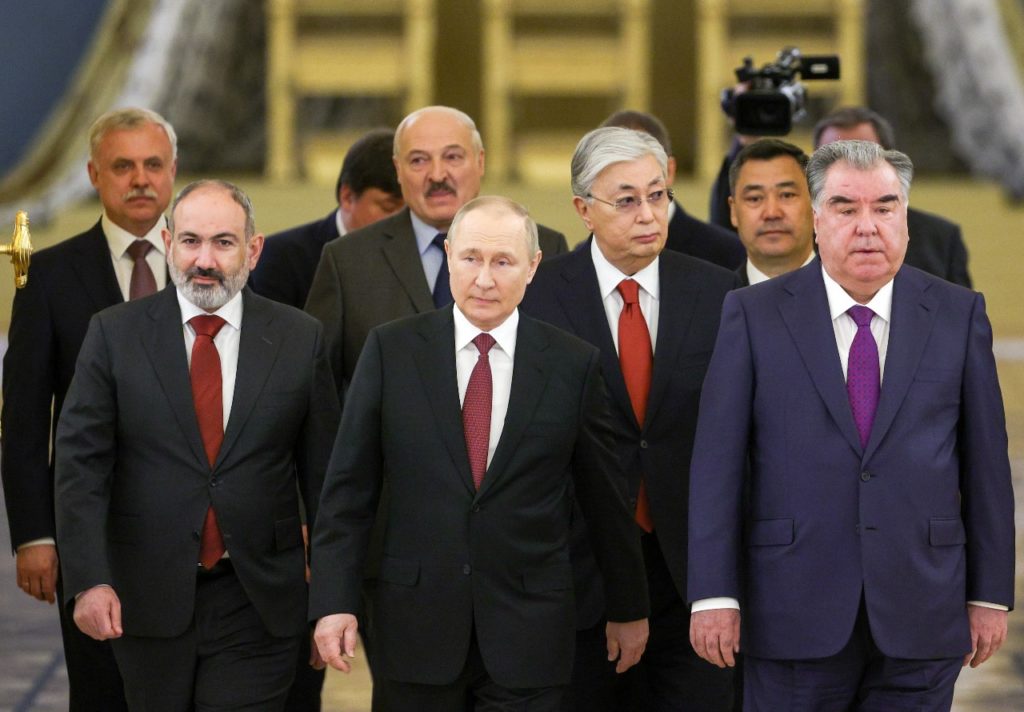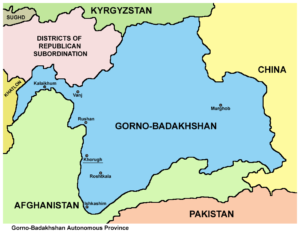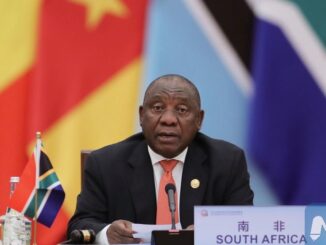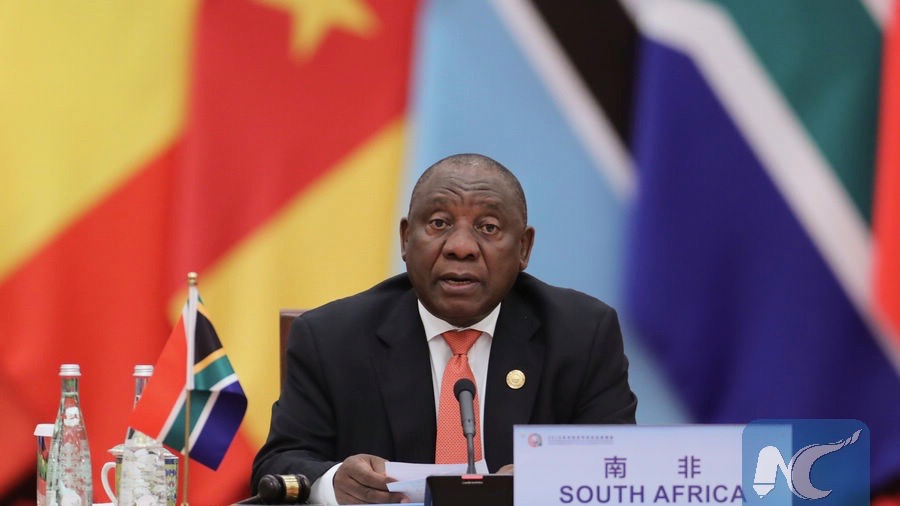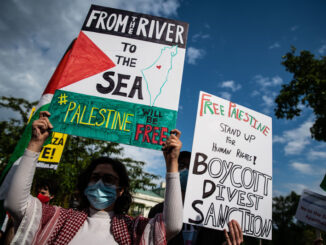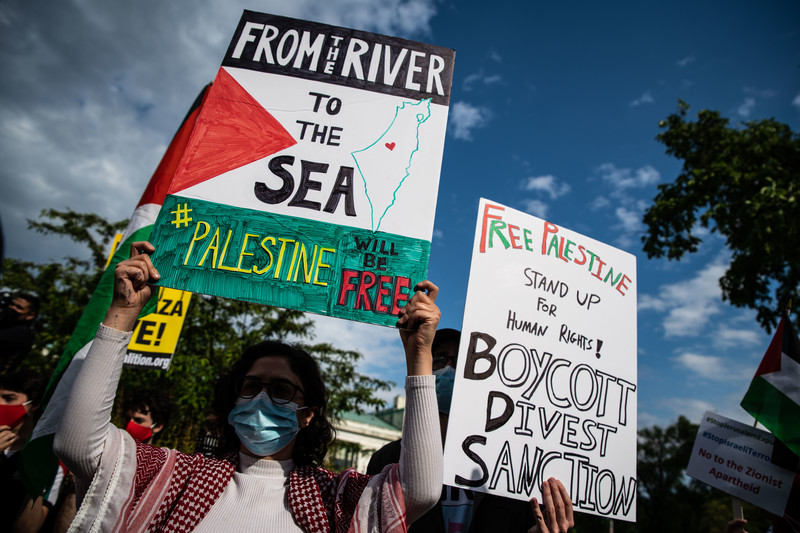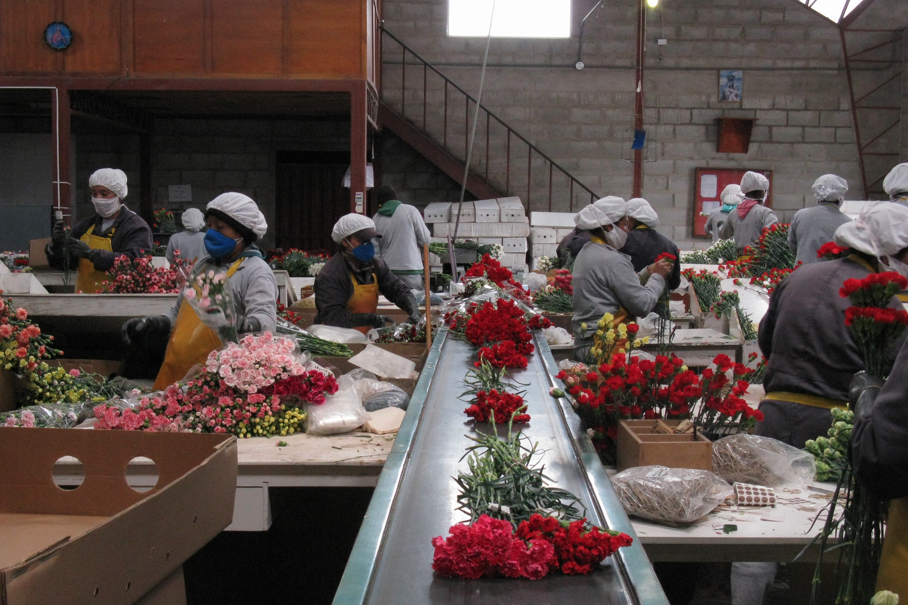
Editor’s Note: Kawsachun News spoke to Ecuadorian economist Juan Fernando Terán on April 2 about Western sanctions, the Ukraine war and how Latin America can protect its economy. The original interview can be found here.
Who is paying the price of western sanctions on Russia? Ecuador’s banana industry has collapsed without the Russian consumer market.
Juan F. Terán: Countries that export food and agricultural goods are in an incredibly difficult position now. Ecuador, Colombia, Brazil and Argentina are among the worst affected. These countries import almost all the supplies they need for agricultural production; fertilizer, agrochemicals and even seeds in some cases. Sanctions have cut off these supplies. We could have prevented this situation.
Latin America lived through a golden era of development and integration during the period of leaders such as [former Ecuadorian President Rafael] Correa, [former Bolivian President] Evo Morales, [former Brazilian President] Lula [da Silva] and others. During these years, a lot of work went into the issue of how the region can start producing its own agricultural supplies. This was a flagship project of [Union of South American Nations] UNASUR. The aim was to guarantee food security in the face of fluctuations in international markets. There was also the proposal for a Latin American-wide bank and a common currency. This could’ve helped the region’s economy survive this current monetary crisis, too.
What’s happening now, though? Let’s look at the case of Ecuador: We have two main sources of income in exports. The first is oil. Logically, the war in Ukraine should have been beneficial because the price of oil has risen, which should mean more income from sales for Ecuador. However, the conservative President Guillermo Lasso had already promised the IMF the payment from future oil sales. Even if the price of oil goes to $300 (per barrel) it won’t benefit ordinary citizens.
What about agriculture?
JFT: The country also earns a lot by exporting goods such as bananas, coffee, shrimp and flowers. The primary market for Ecuadorian flower production is Russia. Now those producers are facing a dramatic crisis because sanctions have cut them off from their clients. This is a huge industry for Ecuador. In the provinces of Pichincha and Cotopaxi, there are entire regions dedicated almost entirely to flower production. They even have airports there because these flowers are exported to the world by plane. A small part of their production goes to the United States and Europe, but the large majority goes to Russia. Russia is one of the few countries where people buy flowers all year round rather than just for certain dates like Valentine’s Day.
What about our shrimp, coffee, or cacao exports? All that requires fertilizer and other imported agricultural supplies. Now there’s a global shortage, Russia was the world’s leading producer and now they’re sanctioned.
What has been the government’s response?
JFT: Countries can survive this storm if they have an umbrella, but Ecuador doesn’t have a progressive government. It has a neoliberal government. Our economy has no umbrella now.
What has been the neoliberal response to this current crisis? The flower producers were the first to ask for assistance. They asked for loans, so they can sustain themselves temporarily during this drop. President Lasso replied by saying that going into business means assuming risk and that the state has no obligation to bail anyone out. This idea of not bailing anyone out is a great idea in my opinion, but only if it’s applied evenly. We shouldn’t have to bail out the bankers when they have a crisis. But, of course, Guillermo Lasso will never abandon his people. He only abandons small farmers, who are now in crisis.
Electing progressive governments in Latin America is not a question of ideology; it’s also about citizens defending their economy and living standards. If a banker manages to win an election, then these are the results.
Many countries now see Washington as an unreliable ally and are looking to trade in different currencies. Do you think the U.S. dollar will lose its international hegemony? What would that mean for Latin America?
JFT: When the [Brazil, Russia, India, China, South Africa] BRICS countries start trading entirely in Yuan, or any currency that isn’t the dollar, then the world is going to really change. I think we can expect to see this transformation within the next five years. It’ll represent the definitive defeat of the U.S. empire. History shows us that a country’s military power is linked to the power of its currency.
When Britain ruled the world, the British pound dominated international trade. Even Ecuador’s external debt was in pound sterling during those years. The reserves of our central bank were in pound sterling. This came to an end after the end of World War 2 because the U.S. became the new dominant power and built the world’s financial and monetary institutions for its own ends. The current war in Ukraine is also about currency. The U.S. is participating in this conflict against Russia because they need to defend the power of the dollar.
What can the region do?
JFT: Latin America needs to slowly de-link our region from the U.S. dollar. We need to diversify our international currency reserves. Correa began to do this in Ecuador by investing in gold reserves. This was criticized by the opposition at the time. However, this diversification can only happen if we make the necessary changes to our commercial relations. If we’re to start building reserves in the Chinese yuan, then we need to deepen commercial relations with China to achieve this.
I think we should return to the proposal of UNASUR of creating a common Latin American currency with its own central bank. We also need a Latin American payment system. Look at how the U.S. is using SWIFT to cut off any country they don’t like from the global economy. We can’t allow that. It makes us vulnerable. Russia and China are creating their own payment systems. We should have our own as well.
There’s no use in just complaining about U.S. aggression. That’s what they do. They invade and attack countries all over the world. The real problem is that Latin America is exposed and unable to deal with this kind of economic war. In response, we need to turn towards Asia in a serious way. Why isn’t the Ecuadorian government securing new markets for our shrimp and banana in China? There’s huge demand there. Bolivia and Ecuador both have vast mineral wealth, we need to bypass the West and focus on Asia when it comes to trade and investment in these commodities.
U.S. media has attacked countries like Mexico, Brazil and Argentina, for not imposing their own economic sanctions on Russia. Do you think this capricious request from the United States will further break down the U.S. sphere of influence here and across the rest of the global South?
These sanctions are causing an inflation crisis for people everywhere. Europeans are paying 8-9 euros for a gallon of gasoline. In the U.S., it’s $4.75. Up to $6 in places like California and Miami. This is shocking. The sanctions are having a boomerang effect on the U.S. and its citizens. Though not everyone is suffering: Arms manufacturers are not suffering. People like [U.S. President Joe] Biden’s son [Hunter], with shady dealings in the gas business, are not going to suffer.
Financial analysis reports came out this week indicating that if the price of gasoline remains at $4.75 as a national average in the U.S., then the U.S. economy will enter into a recession at the end of this year. None of what they’re doing is reasonable from the perspective of ordinary citizens.

